Alix O'Neill: "I never understood my mum until I wrote a book about her"
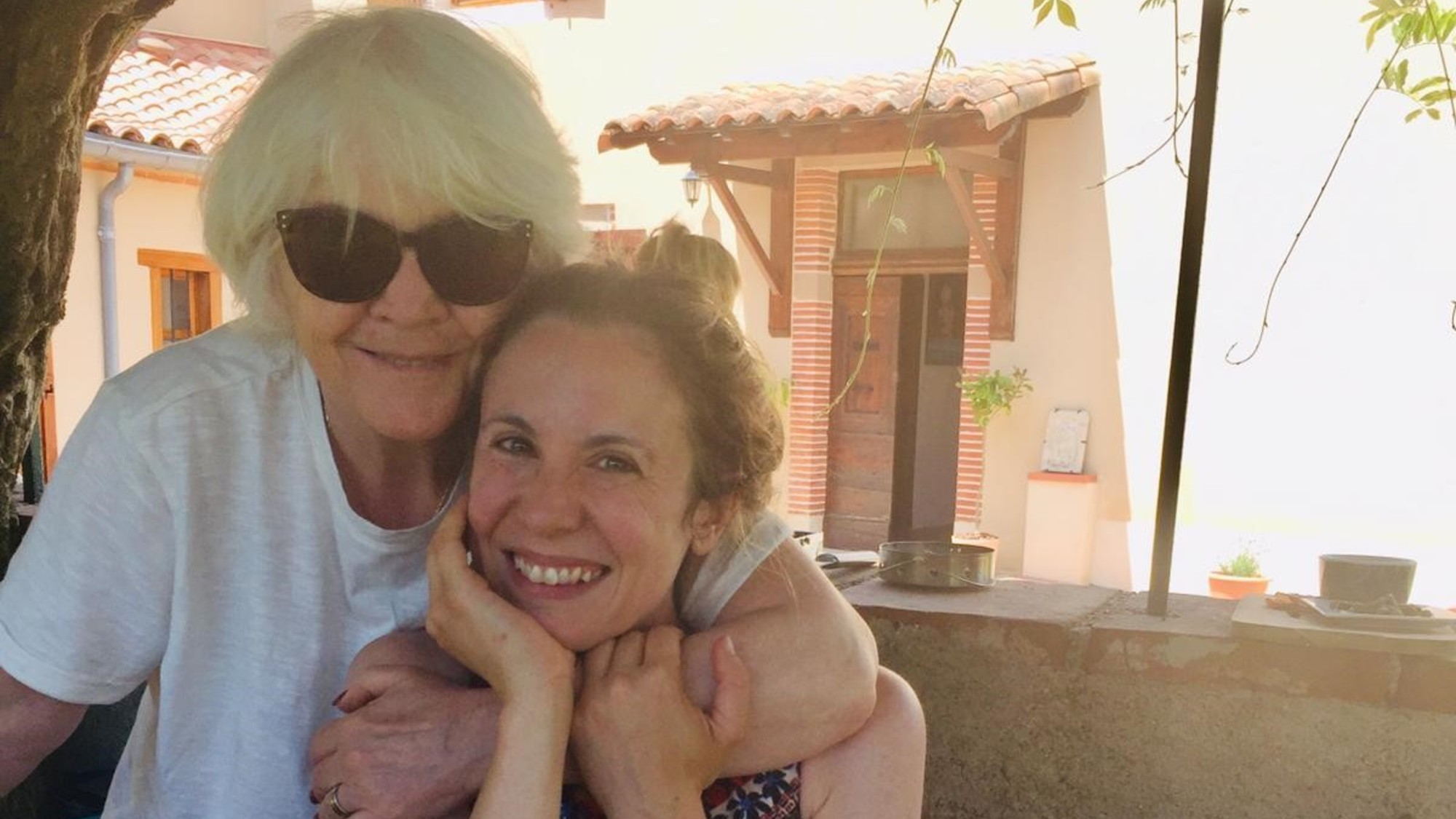

Growing up in west Belfast in the late 90s, Alix O'Neill wanted to forget the bombs and gun-toting soldiers; she wanted to snog boys and have fun with friends. She didn't count on The Troubles shaping her often-fraught relationship with a fiercely protective mum
When I was nine, a couple of local teenagers snuck into our garden and threw sticks at my mother’s prized horse chestnut trees. Stuffing his pockets with the fruits of his efforts, one of the boys flashed at my sister and me. When Mum heard what went down, she grabbed a hurling stick from beside her bed and chased the flasher down the street. Grabbing him by the collar, she said if he ever stole her conkers or exposed his penis to her girls again, she’d lob it off.
If you’re from west Belfast, you’ll likely find Mum’s reaction entirely appropriate to the offence. Where I come from, everyone keeps a hurling stick beside the bed and Northern Irish mothers often go to exceptional lengths to protect their daughters. For non-Northern Irish readers, I appreciate threatening a minor with dismemberment is an unorthodox approach to parenting.
I grew up in a staunchly republican area in Northern Ireland during the tail-end of the Troubles, the thirty-year civil conflict that killed more than 3,000 people in the region. Bomb scares, the charred remains of buses blocking the route to school and soldiers clutching semi-automatic rifles were part and parcel of daily life. Education was overwhelmingly segregated and you knew never to let slip the name of your school around strangers as this would instantly mark you as Catholic or Protestant.
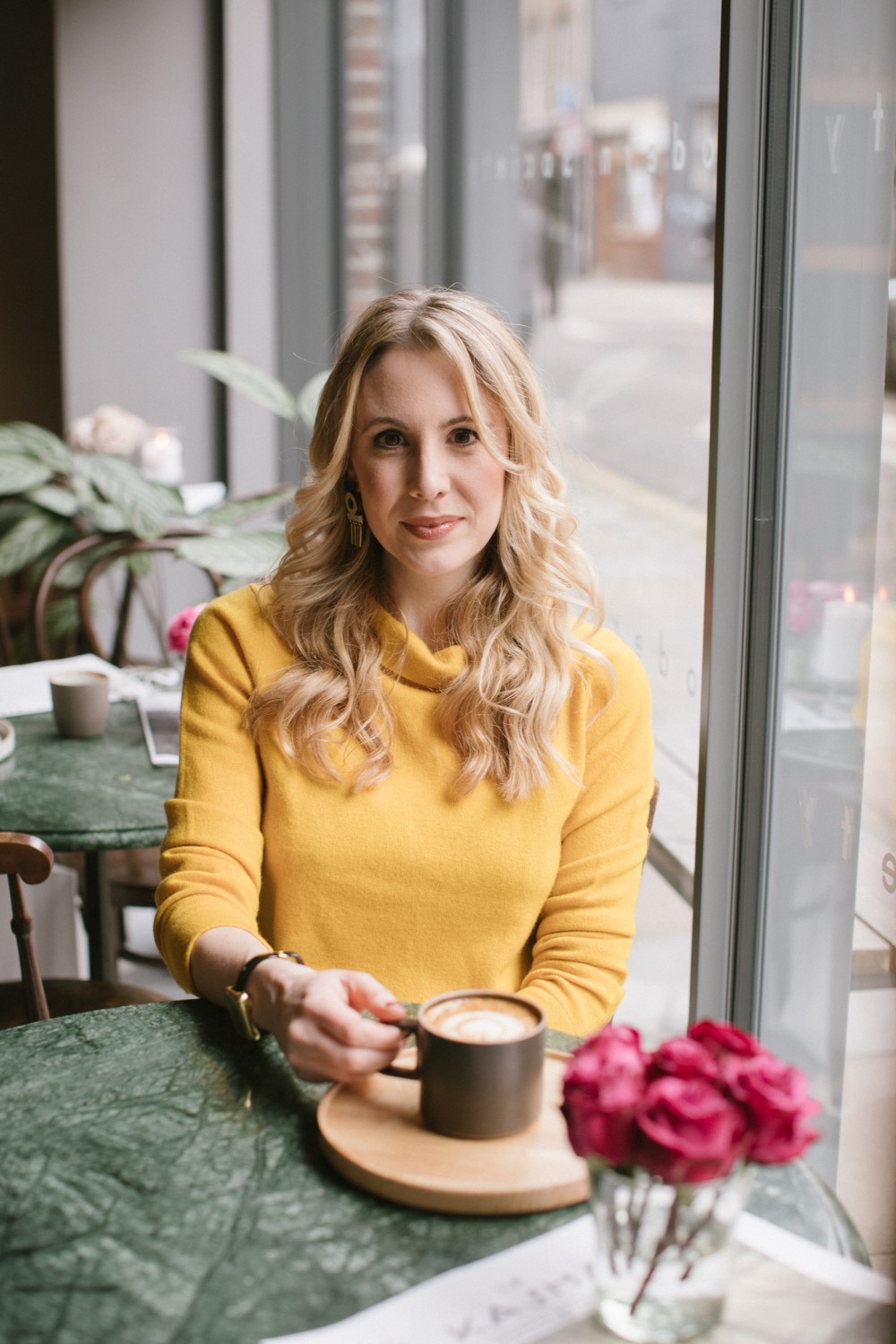
Living with The Troubles and Mum
But my friends and I rarely thought about the constant spectre of violence on our doorstep. When we started snogging boys and sneaking off to pubs in the late 1990s, our heads were filled with the stuff of pretty much every teenage girl back then – Boyzone and Bacardi Breezers. The Spice Girls had just burst onto the scene telling us we could do anything and it was hard not to feel invincible. We didn’t want to be defined by the Troubles like our parents’ generation had been and weren’t as acutely aware of the dangers of heading into town for a night out. On the numerous occasions Mum told me I couldn’t go out with my friends because it was too risky, I resented her.
Life with my mother was anything but dull. When we were younger and my dad was away on work trips, we’d climb into her bed for the latest instalment of The Farting King, a series of tales about a flatulent monarch, who found it difficult to make friends. She’d wave us off on school trips in her dressing gown and didn’t care who saw her. And when I told her about a boy I fancied, she produced two pairs of wigs and sunglasses, and we spent an hour driving up and down his street, hoping to catch a glimpse of him.
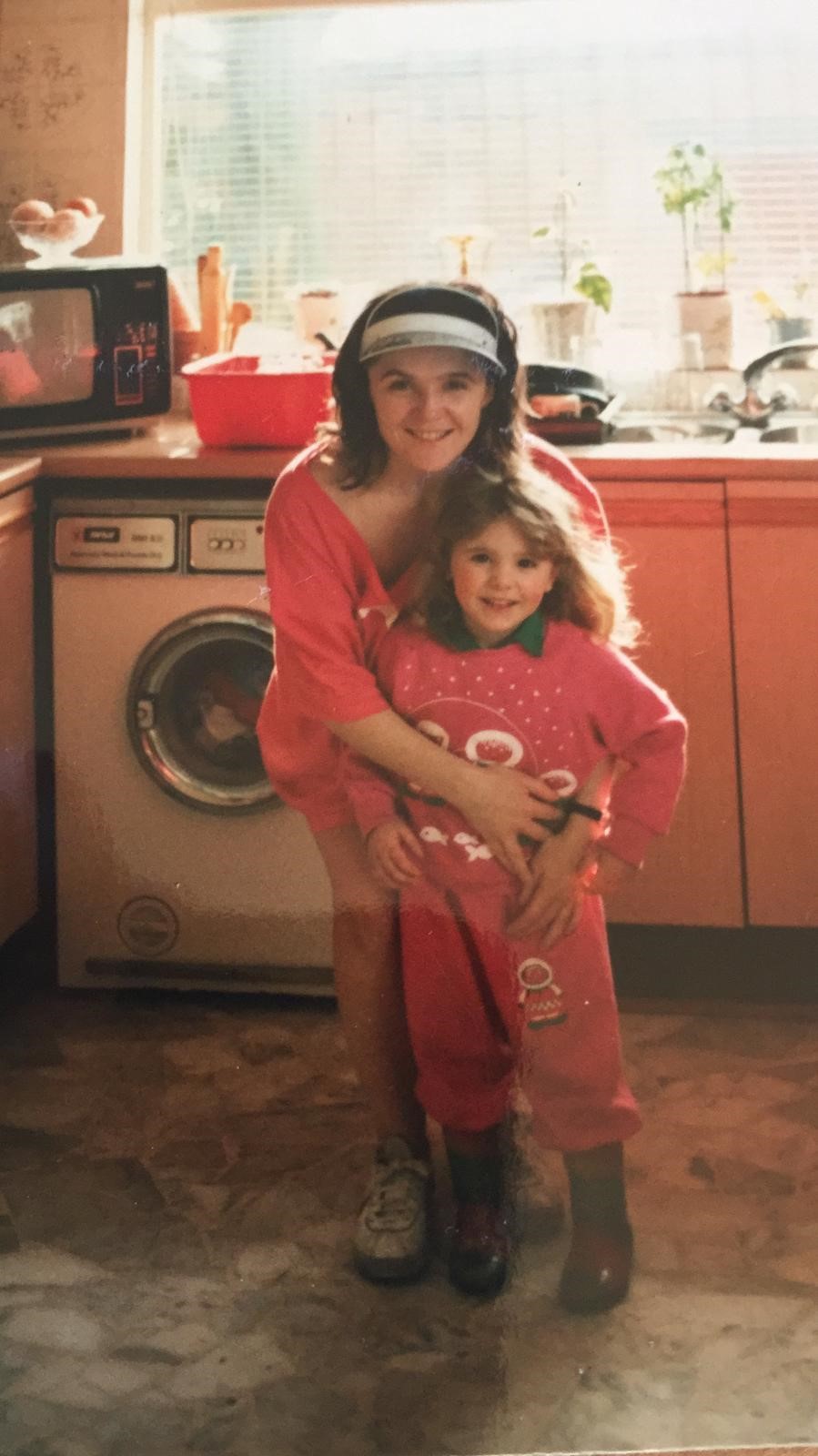
My grandmother died before I was born, leaving Mum to raise her younger brothers and sisters. My childhood was spent between two households – my grandfather’s and ours, as Mum cooked dinner for two families, did two sets of laundry. I didn’t appreciate the pressure she was under back then. As I hurtled towards adolescence, boys and freedom were the only things on my mind and we fought regularly as Mum attempted to keep me close.
Marie Claire Newsletter
Celebrity news, beauty, fashion advice, and fascinating features, delivered straight to your inbox!
Breaking away
It wasn’t until I left home to go university in Dublin that our relationship improved. Overnight, she visibly relaxed and started to take more of a backseat in my life. She became more of a confidante, an advisor than an authoritarian and I started to enjoy our time together again. We went on adventures – backpacking across Russia on the Trans-Siberian Railway – but although we were close, it wasn’t until I began writing a memoir, The Troubles With Us, about life as a teenager during the Troubles that I properly understood my mother for the first time.
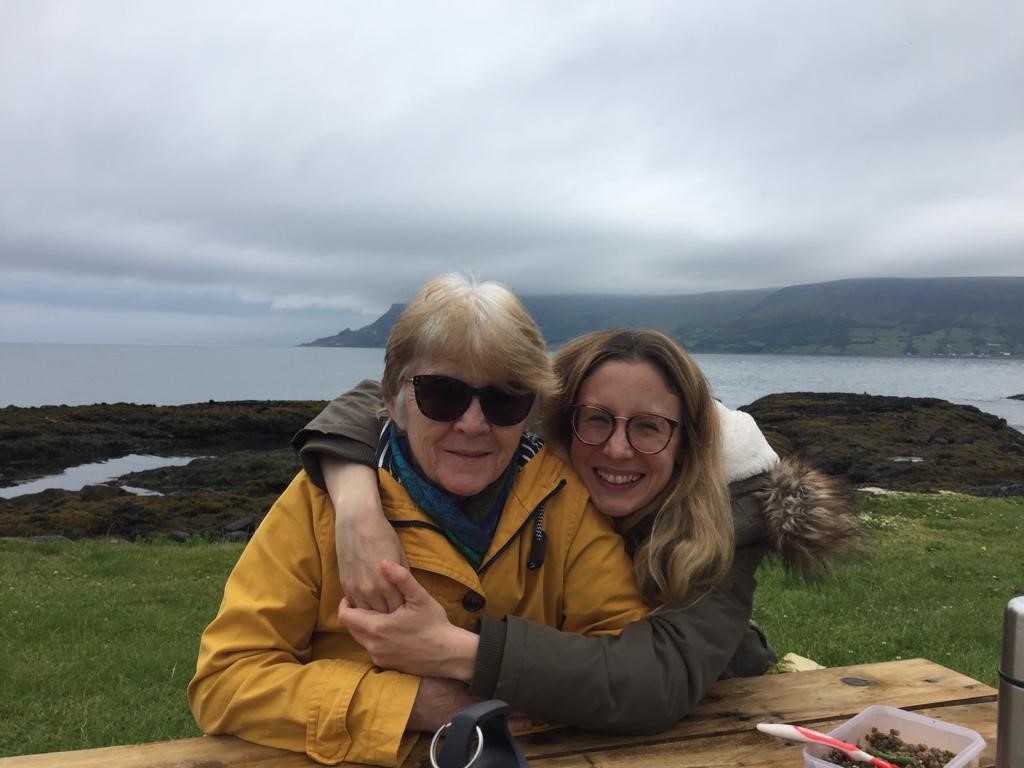
Interviewing her for the book, I learnt about the afternoon Mum was peeling potatoes with my granny in the kitchen when a bomb went off in the pub two doors down. They ran outside with blankets for the wounded. I heard about the World Cup qualifier between the Republic of Ireland and Northern Ireland, where sectarian chants and threats drove Catholic spectators from stadium, my parents among them. And she told me about the time an off-duty policeman was shot dead in our family bar and how she went in on the Monday morning to clean his blood off the stool then came home and drove us to school. All those times I thought she was trying to control me, she was trying to protect me. And why she let go when I left home – she didn’t have to worry about me anymore.
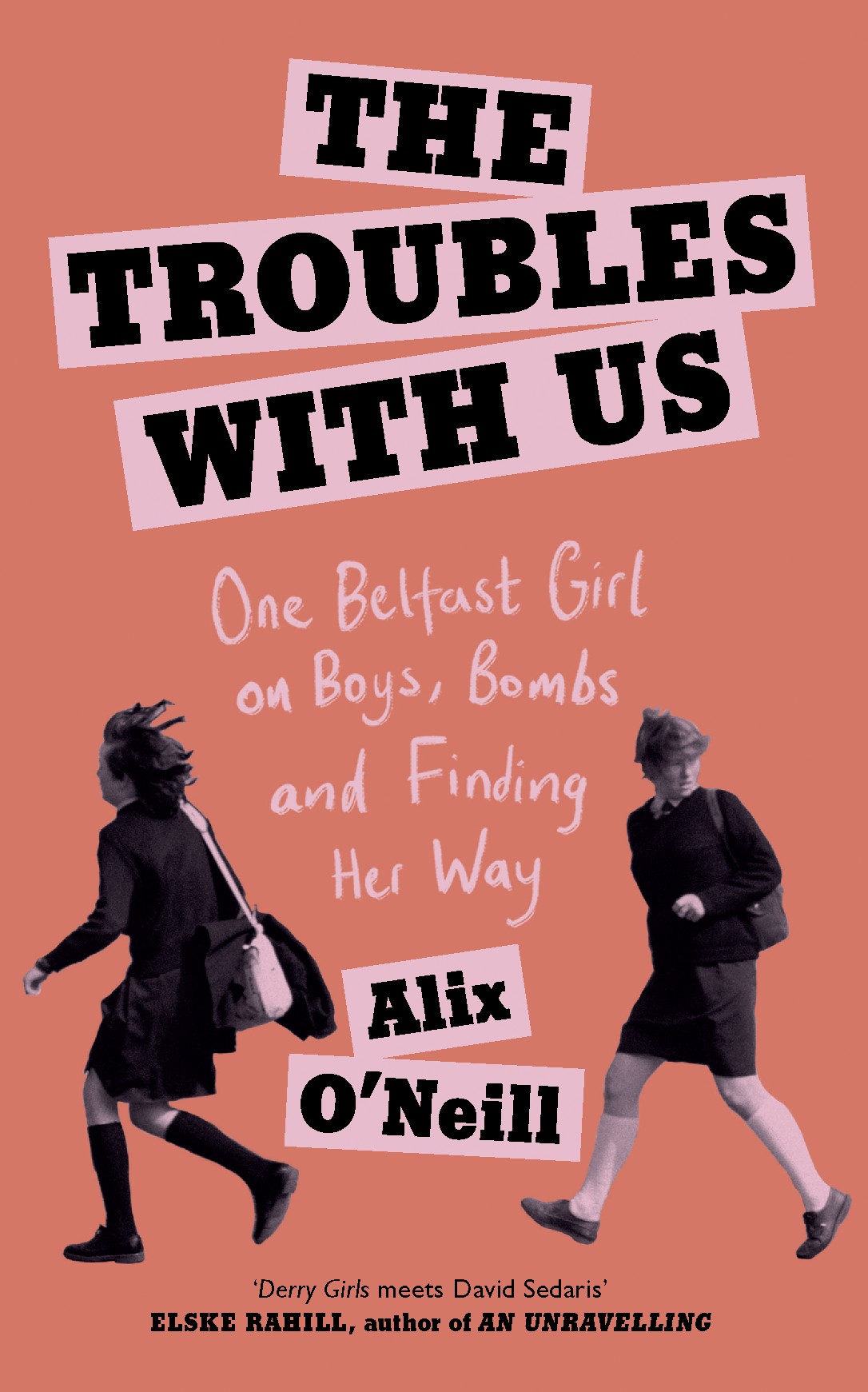
The Irish mammy is a beloved, well-worn trope, a no-nonsense figure, who thinks cappuccinos are pretentious. This is particularly true of Northern Irish mothers (think Ma Mary in Derry Girls). But underneath that tough exterior is a fierce love of family and a determination to defend them at all costs. The guy who Mum chased down street? He didn’t come near us or her conkers again.
* The Troubles With Us by Alix O’Neill is published by 4th Estate, HB, £14.99 and is out on the 24th June
Maria Coole is a contributing editor on Marie Claire.
Hello Marie Claire readers – you have reached your daily destination. I really hope you’re enjoying our reads and I'm very interested to know what you shared, liked and didn’t like (gah, it happens) by emailing me at: maria.coole@freelance.ti-media.com
But if you fancy finding out who you’re venting to then let me tell you I’m the one on the team that remembers the Spice Girls the first time round. I confidently predicted they’d be a one-hit wonder in the pages of Bliss magazine where I was deputy editor through the second half of the 90s. Having soundly killed any career ambitions in music journalism I’ve managed to keep myself in glow-boosting moisturisers and theatre tickets with a centuries-spanning career in journalism.
Yes, predating t’internet, when 'I’ll fax you' was grunted down a phone with a cord attached to it; when Glastonbury was still accessible by casually going under or over a flimsy fence; when gatecrashing a Foo Fighters aftershow party was easy-peasy-lemon-squeezy and tapping Dave Grohl on the shoulder was... oh sorry I like to ramble.
Originally born and bred in that there Welsh seaside town kindly given a new lease of life by Gavin & Stacey, I started out as a junior writer for the Girl Guides and eventually earned enough Brownie points to move on and have a blast as deputy editor of Bliss, New Woman and editor of People newspaper magazine. I was on the launch team of Look in 2007 - where I stuck around as deputy editor and acting editor for almost ten years - shaping a magazine and website at the forefront of body positivity, mental wellbeing and empowering features. More recently, I’ve been Closer executive editor, assistant editor at the Financial Times’s How To Spend It (yes thanks, no probs with that life skill) and now I’m making my inner fangirl’s dream come true by working on this agenda-setting brand, the one that inspired me to become a journalist when Marie Claire launched back in 1988.
I’m a theatre addict, lover of Marvel franchises, most hard cheeses, all types of trees, half-price Itsu, cats, Dr Who, cherry tomatoes, Curly-Wurly, cats, blueberries, cats, boiled eggs, cats, maxi dresses, cats, Adidas shelltops, cats and their kittens. I’ve never knowingly operated any household white goods and once served Ripples as a main course. And finally, always remember what the late great Nora Ephron said, ‘Everything is copy.’
-
 Prince Harry reportedly extended an 'olive branch' to Kate and William on latest UK trip
Prince Harry reportedly extended an 'olive branch' to Kate and William on latest UK tripBig if true
By Iris Goldsztajn
-
 How Prime Video is protecting Blake Lively amid her new movie promo
How Prime Video is protecting Blake Lively amid her new movie promoAn understandable move
By Iris Goldsztajn
-
 It's the must-have bit of fit kit of the year - a fitness expert shares their top 5 tips for choosing a walking pad
It's the must-have bit of fit kit of the year - a fitness expert shares their top 5 tips for choosing a walking padThis year's fitness must-buy.
By Katie Sims